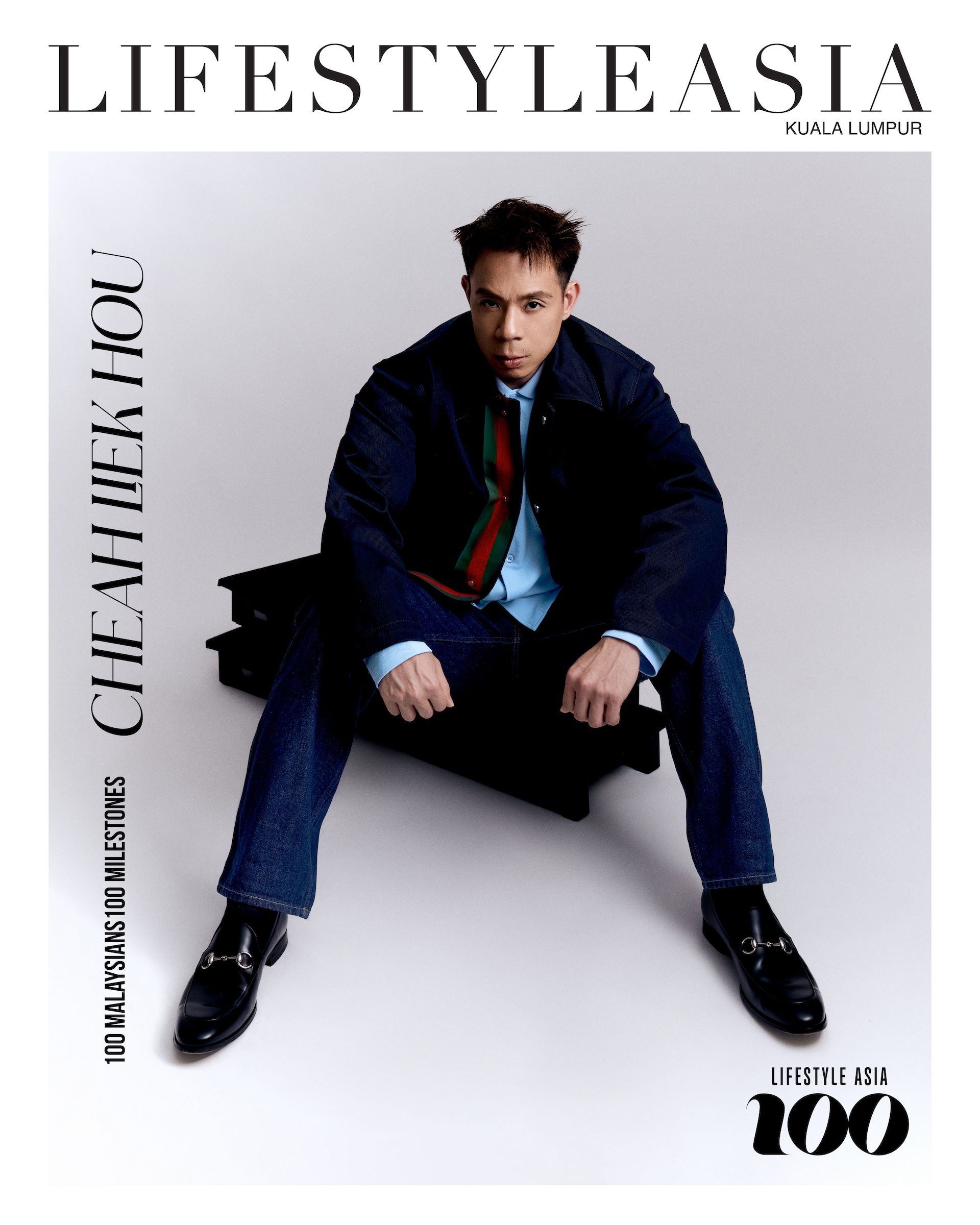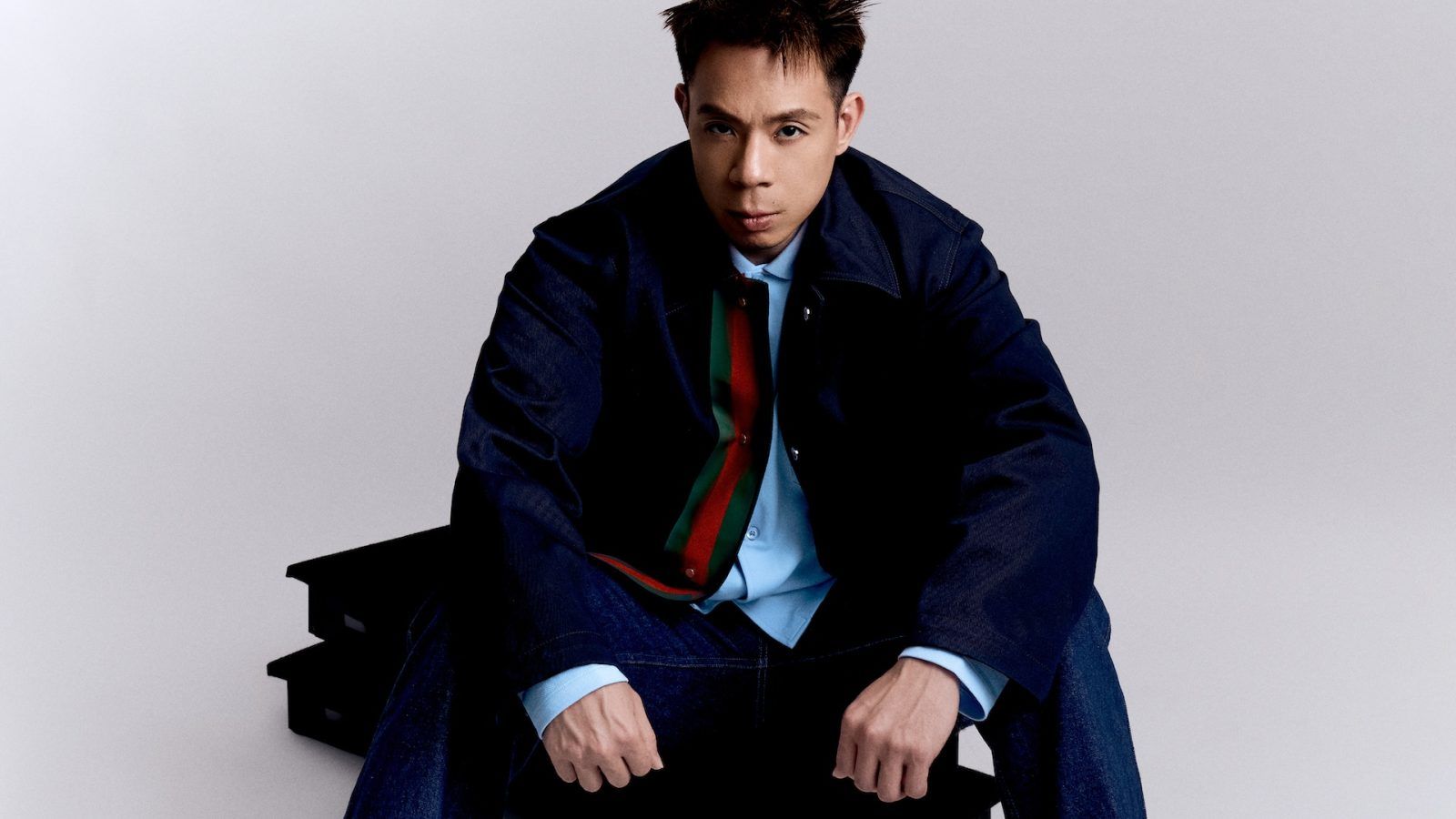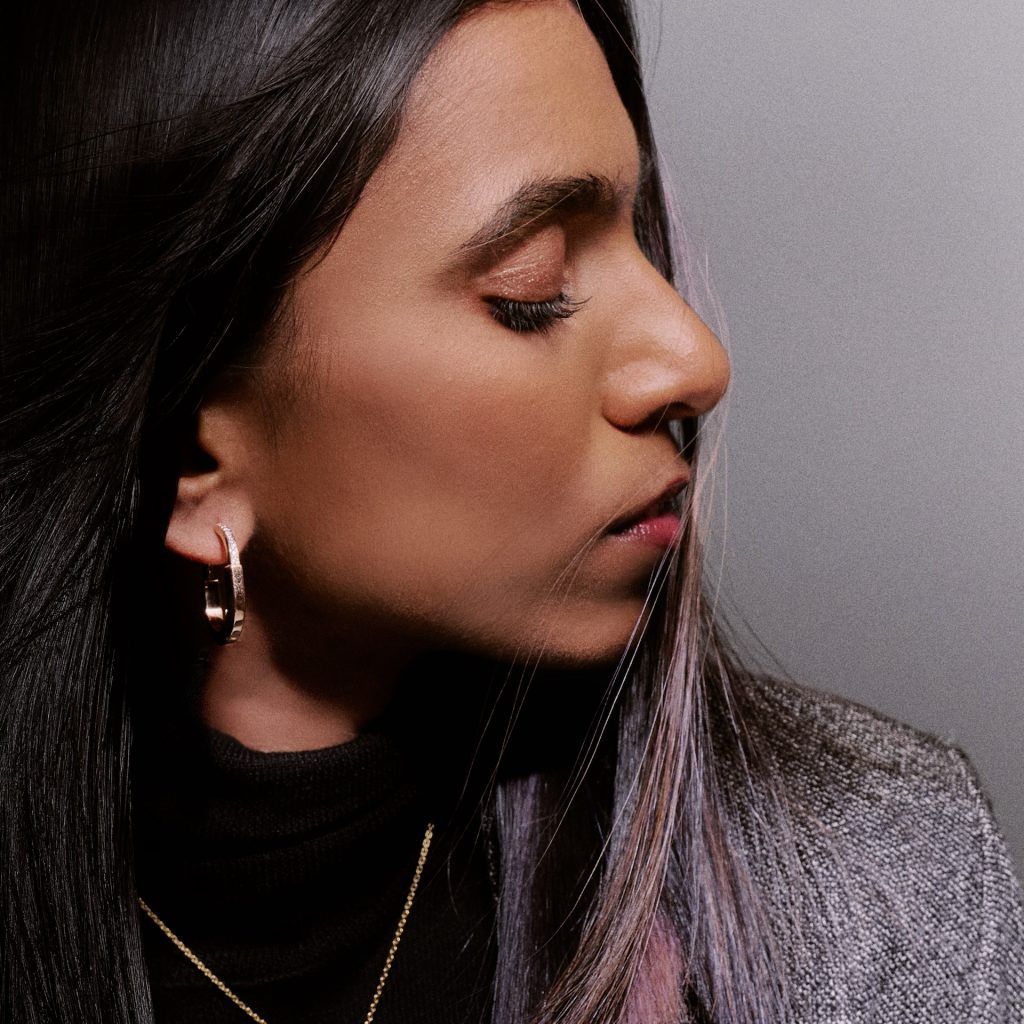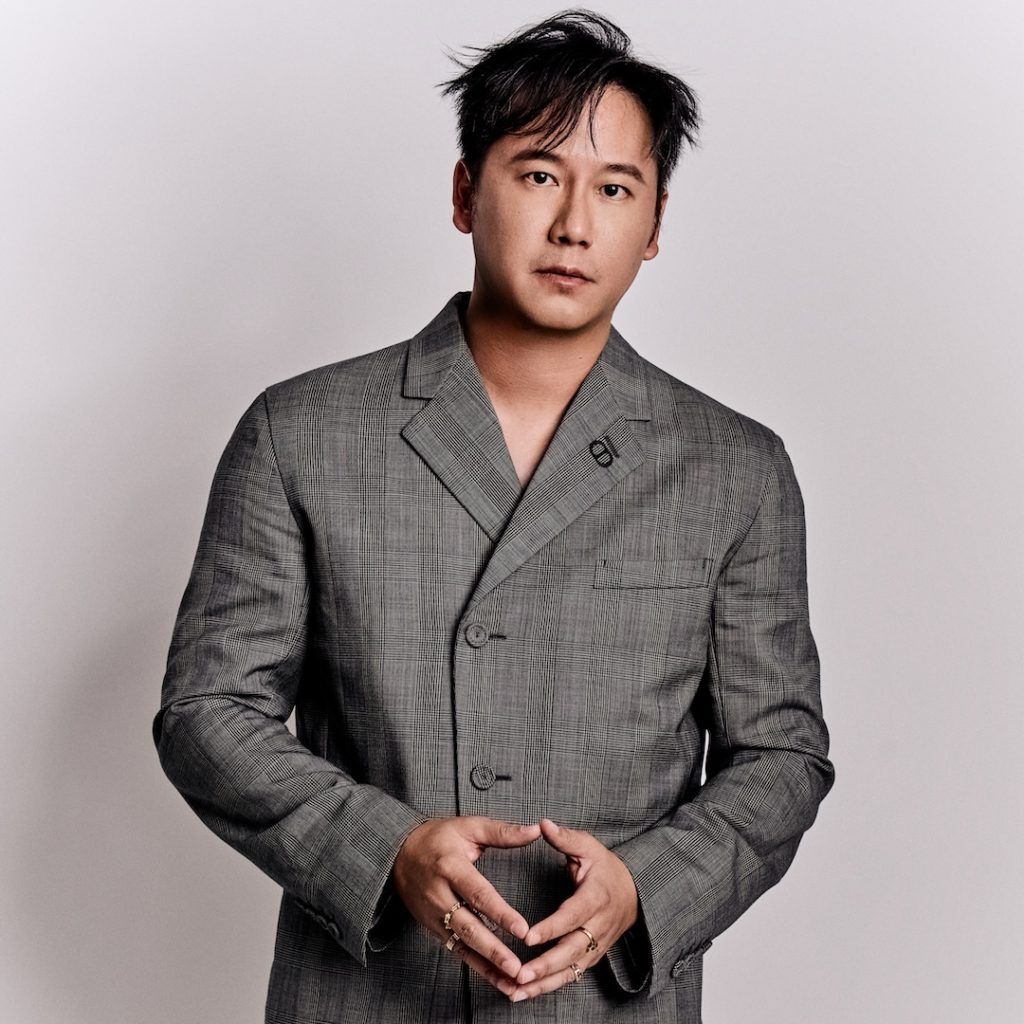100 Malaysians, 100 Milestones — LSA100 this year celebrates para-badminton legend Cheah Liek Hou in his second consecutive win at the Paralympic Games. His perseverance in the sport has made him a 14-time World Champion, and even now after clinching a second gold medal for Malaysia, he’s still not yet ready to put down the racquet.
Whether or not you’ve seen Adrian Teh’s film Gold earlier this year, there is no question that the hero’s story is an inspiring one. While para-badminton has been played on an international level as far back as the ‘90s, the sport only made its Paralympic debut a little over years ago in Tokyo. And its first-ever champion in history? Malaysia’s very own Cheah Liek Hou.
There shouldn’t have been any doubt at all that Cheah would emerge victorious. He had already dominated the world of para-badminton for so long and came out on top year after year. It was only a matter of time before Cheah would get the chance to live his dream and prove himself in the world’s foremost sports competition, for all to see.
Not every national sports icon gets that chance. Squash is set to debut at the Olympic Games in 2028 — a little too late for eight-time World Champion Nicol David. Cheah himself came close to giving up the dream, pushing para-badminton to the side and taking up a high-paying job at a sports firm, almost resigned to office life. So when it was finally announced that para-badminton would be included in the Tokyo 2020 Paralympic programme, Cheah did not hesitate to quit his job and get himself back in shape. (This epic comeback was also depicted in Adrian Teh’s film.)
“I waited for so long,” he shares. Having watched his matches at both Tokyo and Paris, it became clear to me that Cheah’s talent for badminton is unmatched, and he was playing as though his life depended on it — because for him, it did. “Too long. I waited for, like, 18 years to be able to compete for the highest podium in my badminton career. And at that time it’s like, I wasn’t really thinking about winning, you know? I was thinking about the fact that I was there.”
But Cheah was 33 years old when he clinched his first gold medal at the Tokyo 2020 Paralympic Games. In the world of sports, that’s already cutting it close to retirement. He might’ve had winning in the back of his mind in Tokyo, but by the time Paris 2024 came along he had gone past 36, and the voice of doubt began to creep in. “A lot of people thought that I really cannot make it already because of my age,” Cheah confides, “And physical-wise also, yeah. But I proved to them that I still can win the title and defend the title. So now everybody is like, ‘Hats off to you.’”
To say he was proud of his second consecutive gold medal at the Paralympic Games is an understatement. And now that he’s backed by his own victory, Cheah believes he’s ready to go for his third.
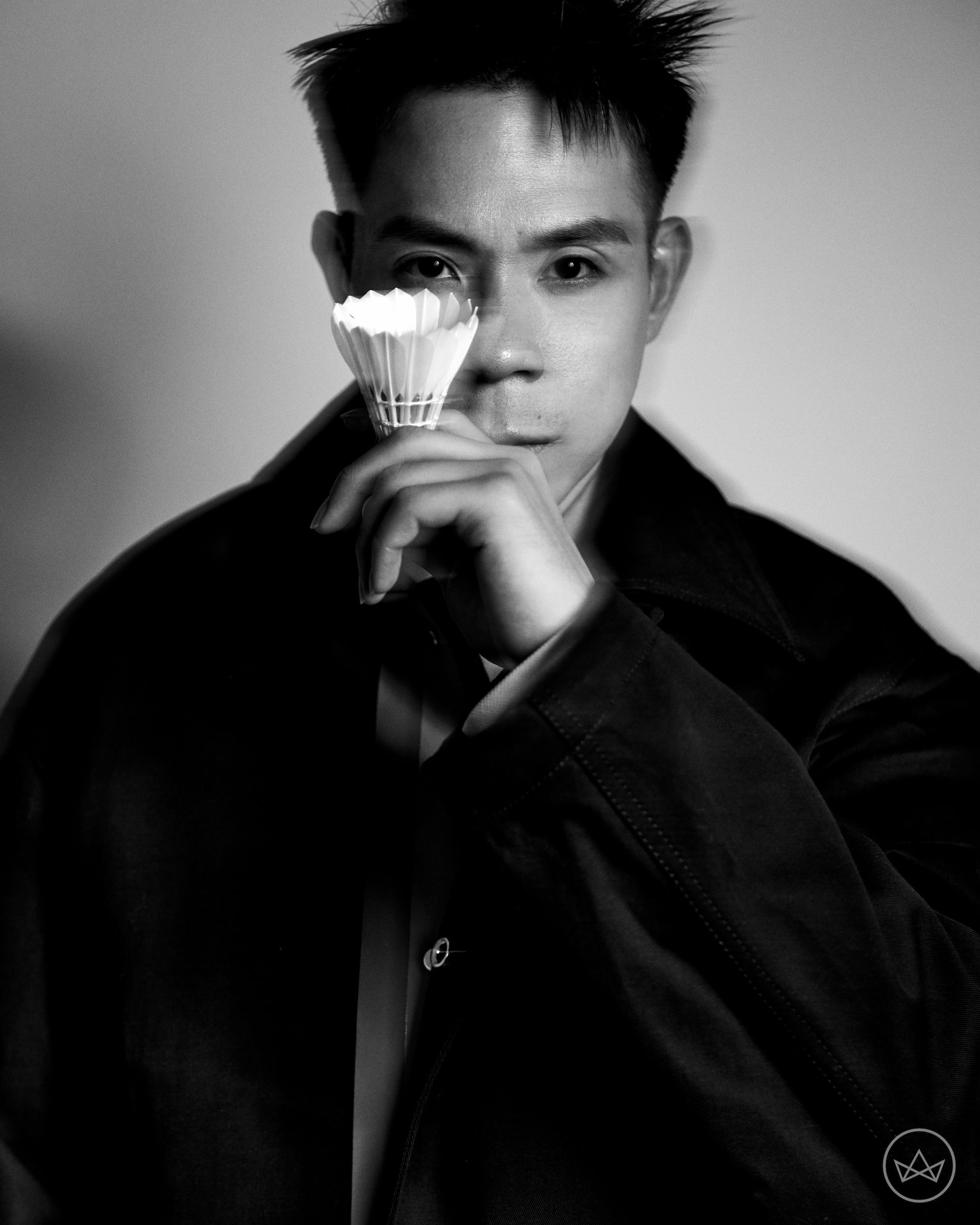
First of all, of course, congratulations on defending the gold at Paris 2024. What would you say is a difference that you can pinpoint from when you first competed in the Paralympic Games in Tokyo 2020, then and now?
I think the difference was that in Tokyo, it was the first time para-badminton was played in the Paralympic Games. I waited for, like, 18 years to be able to compete for the highest podium in my badminton career. So, the feeling was more towards frustrated lah because I waited for so long and I never managed to enter the Paralympic Games. But at last, the International Paralympic Committee (IPC) managed to put badminton as one of the Paralympic Games sports. So that was what I really needed, to boost up everything. And when I first won the title for the country and for myself, and also at the age of over 30, it was not an easy task to do, to win. And also we faced a lot of problems during that period. COVID-19 happened, so in preparation for the Paralympics, we had a lot of restrictions at the time. And they delayed it for another year, to 2021. So it was very unpredictable, and also one of the toughest competitions that I was facing at that time. There were so many hurdles that we needed to pass. And I waited for so long, for too long. And at that time it’s like, I wasn’t really thinking about winning, you know? I was thinking about the fact that I was there.
It’s amazing, congratulations again. So, in terms of maybe training for this, was it also different from last time? Were you a bit tougher on yourself, would you say?
Yes. I really needed to discuss with my coach because at my age right now, the training programme would be totally different from all the youngsters. I need to make sure that my condition and my badminton level can maintain at the highest level, and that the training programme is on par and on track. We train with quality players, do quality sparring as well. And I don’t overtrain, so that’s why I still can maintain my level in this age.
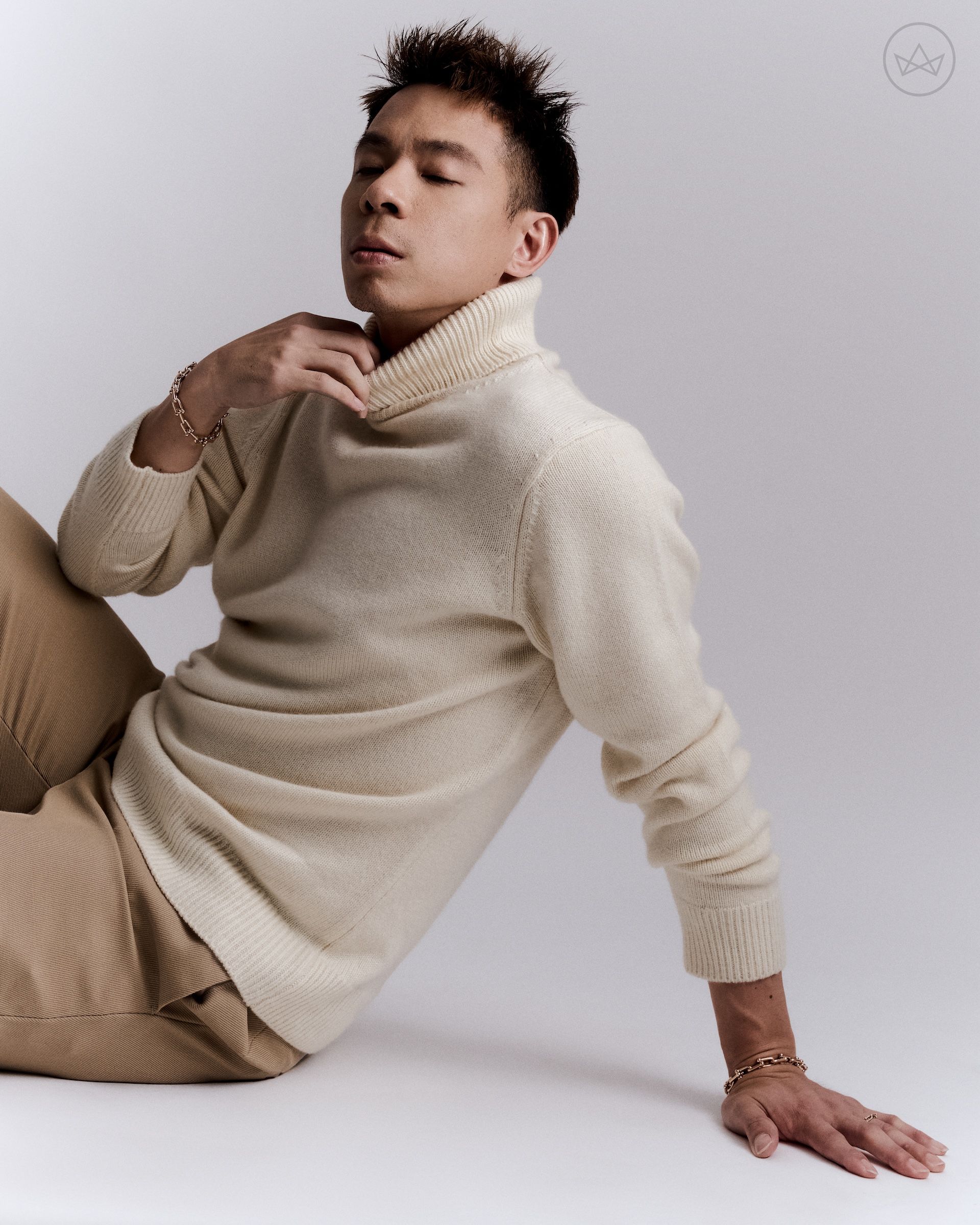
Seeing as you have undergone different kinds of training and everything, how do you handle pressure especially when it comes to these kinds of competitions now that you’ve also gone for your second Paralympics as well?
Pressure-wise, I think we need to learn from each and every competition. Especially those major competitions that I’ve already passed throughout so many years. I learn from there how to handle or overcome the pressure. But of course, during the Paralympic Games it was the toughest [competition] and the most pressure I felt in my life. Because it’s the highest competition in badminton sports. So, how to handle it is to do whatever things that you like to do, something that can relax your mind and your whole body. For me, I wouldn’t like to stay in a room by myself. I need to hang out with all my friends and just be around people. More people surrounding me would make me feel better. So, before the next [competition] I would do that. This is how I release that pressure.
You mentioned that you didn’t really believe in winning again because of your age — but I think the thing about sports is that yes, younger people have more energy and everything, but the ‘older’ players have more advantage in terms of experience, right? They know how to deal with the pressure, like you do.
Yes, in a way we will have more advantage and we’ve got more experience compared with all the youngsters. And because the Paralympic Games is the most ‘pressuring’ competition, from there I knew how to overcome it and how to relax my mind. And even during the match that time, I knew how to control the pressure and control the game. That’s why I managed to win the two titles in the Paralympics.
Earlier this year, your first gold medal achievement was immortalised in the film Gold, directed by Adrian Teh. What were your thoughts on it? How involved were you in the production and creative process of the film, and what was that like?
For the movie Gold, I was never really involved a lot. I just shared my story to the director, Adrian Teh. I shared with him the whole story of my life, and then he created the movie about me — about myself. And it has really helped to get more people to know me. From an unknown athlete, after the movie came out, I think there are more people that know who Cheah Liek Hou is right now. And that we have a para-badminton athlete in Malaysia. So, more and more people know that this is Cheah Liek Hou, who won the first ever Paralympic Games in the para-badminton sports. And also the motivation and the mentality of how I made my comeback after the IPC announced that para-badminton would be played in the Tokyo Paralympic Games.
Going from a heavyweight body, I slimmed down a lot and I truly focused. From a high-paying job, I quit and made a comeback as a full-time athlete. That was a very tough decision for me. It was a very big gamble for me also, to come back and to chase my dream. So, this movie would really encourage a lot of youngsters right now and inspire them. Because it’s not easy to give up on your dream, and to come back and chase that dream again.
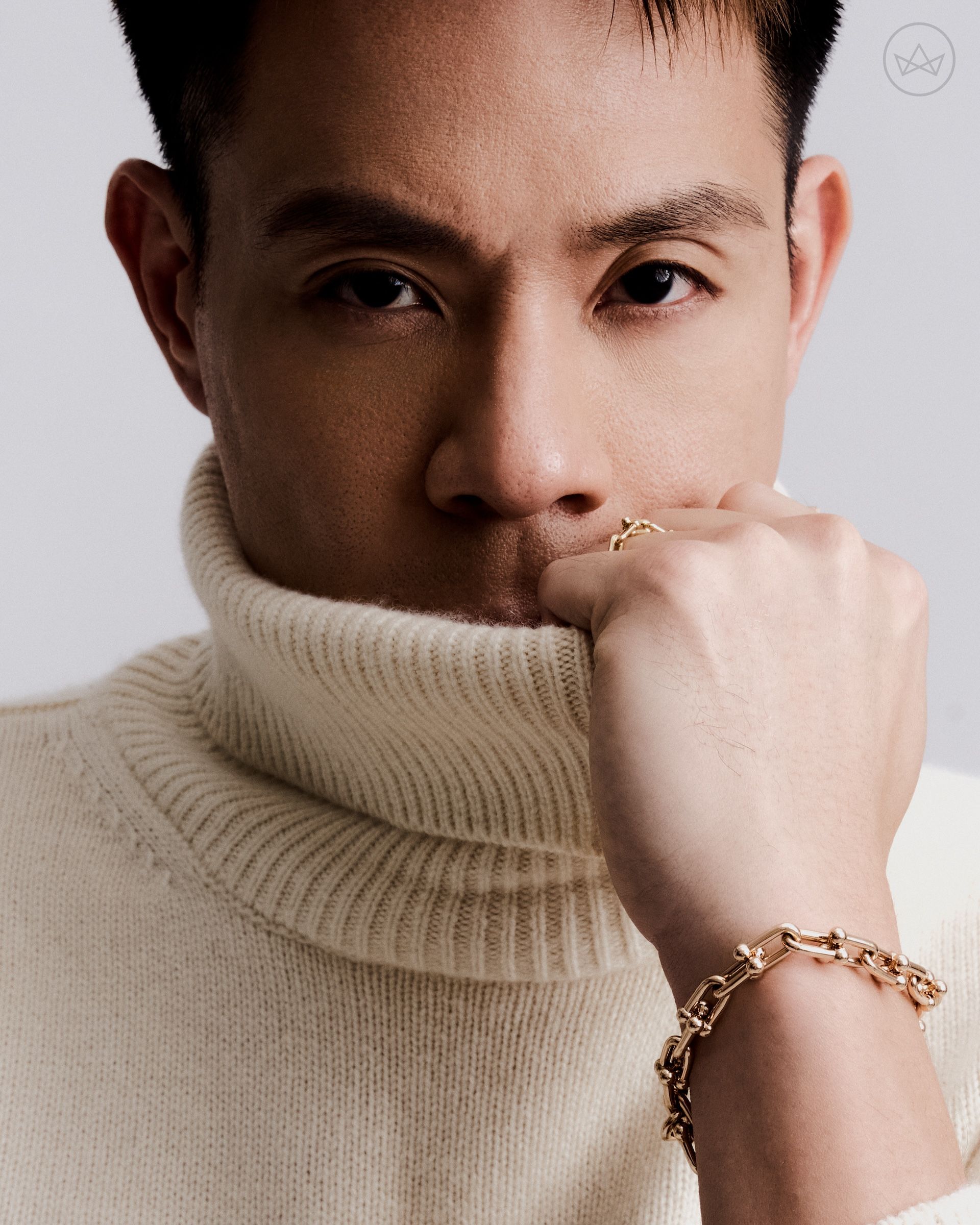
It’s definitely not an easy thing. Do you mind sharing about the process of that — of when you were making your comeback for Tokyo 2020?
I always think of the weight first. I knew that my body weight was the main thing that I needed to solve first. So the first thing that I did was, I went on a diet and slimmed down on my belly weight, I stopped eating improper food and all that, took a lot of supplements to make my body stronger. I slimmed down around 15 to 20 kilos. And from there, I just stepped back onto the badminton court and went for training. I planned a lot, I discussed a lot with my coach about my gameplay, my strategy, about my opponents’ strategies as well.
How was the response to the movie, especially from your family and your peers?
Of course, they were really satisfied with the movie. And they were very happy also, because the message that we want to bring out to the Malaysians — the director really put in the effort to show that in the movie. So we were really very happy with it, very satisfied.
Being the first-ever Paralympic champion in para-badminton, and pioneering the way to success, for Malaysians especially — whose love for the sport is as strong as it is — what would you say are your hopes for the future of para-badminton in the country?
Yeah, I think after I won the two titles in the Paralympic Games, I think there are more people that recognise what para-badminton is, and who are the ones that won in para-badminton for the country. And also, I think we have some up-and-coming players for para-badminton. Hopefully they will follow in my footsteps, and that they are hungry to win the title. This is what I want to share with all my juniors right now: you should train hard, train more, train more than me. Catch up to my level, or catch up to all my titles as well. It’s not an easy thing to achieve, but just don’t give up easily. Really, if you want my thoughts or if you want to know about the experience — I will definitely share with you.
Just to wrap up, what’s next? Are you planning to continue playing?
Yeah, of course. I think I will give myself another two years, till 2026, which is the Asian Para Games competition in Nagoya, Japan. I will see the results there first. If my body condition still allows me to compete, then I will go another two years — which will be LA 2028.
